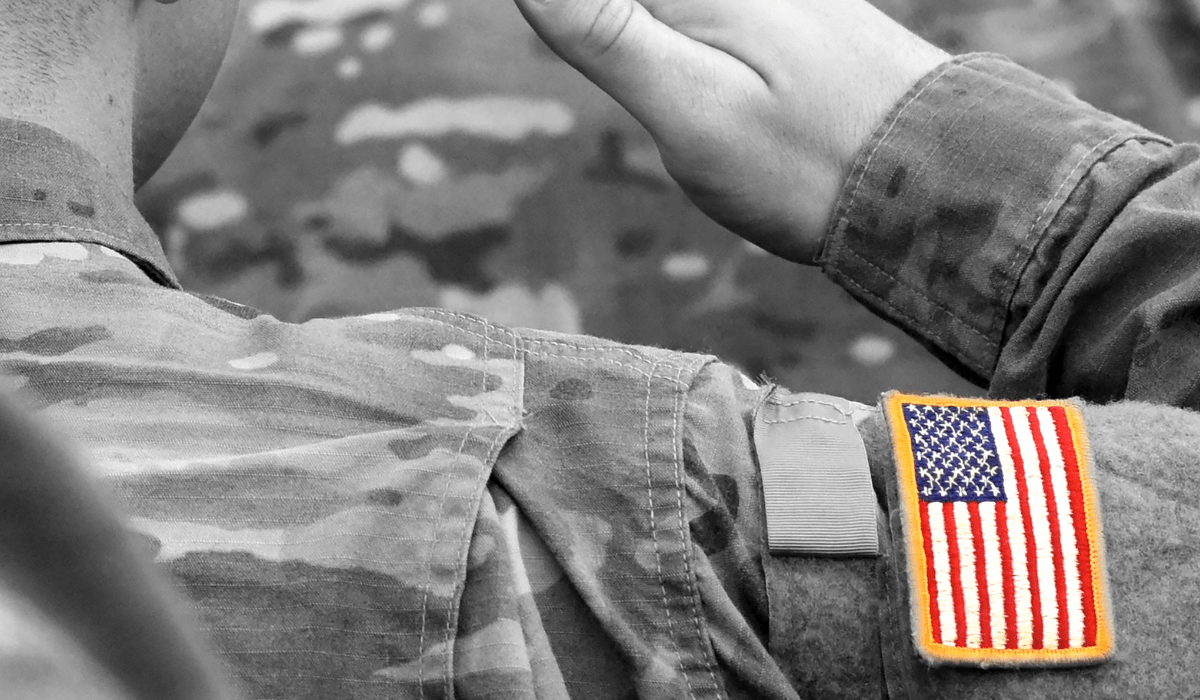
Aug 31, 2012
I. UNITED STATES V. SAVARD, 69 MJ. 211 (C.A.A.F. 2011)
Procedural History: The appellant was convicted of multiple specifications of falsifying documents to steal allowances and entitlements.
Facts: Prior to trial, the appellant moved in writing to forbid the testimony of witnesses who resided in the Philippines, since of the how much it would cost the civilian attorney to attend the depositions. The appellant particularly requested the depositions be disallowed until the military judge could hear the motion and rule on it. Defense counsel offered to make themselves available by telephone “at the court’s earliest convenience.” Savard at 212-13. The military judge rejected the request on the same day, without a hearing, and allowed the depositions to take place.
Issue: Did the military judge error in refusing the Article 39(a) hearing?
Holding: Yes. When one of the parties so seeks, R.C.M. 905(h) requires that the military judge held a hearing on a written motion. Id. at 212. The appellant preserved the issue for appeal by timely and specifically seeking an Article 39(a) hearing. However, the court failed to find any prejudice, and the appellant did not demonstrate the trial court, or the appellate court, any evidence of prejudice. Id. at 213.
Defending Service Members Globally
Wherever Duty Calls, Our Defense Follows




